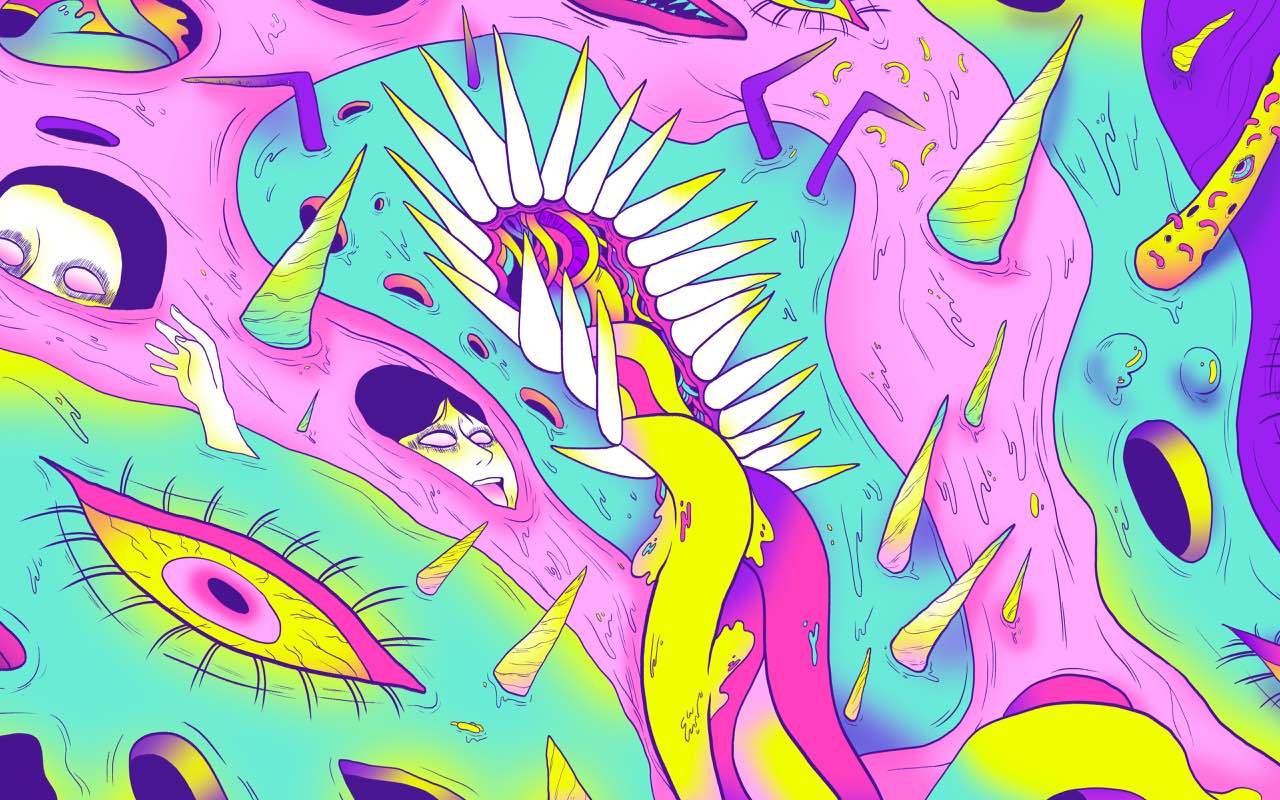I generally avoid religion because I will get tangled in wild esoteric speculations that, though fun, are "real world" useless.
However, intentionally following the 8 fold path works very well for me - I have a wild streak that gets me into endless unpleasant situations. The 8 fold path keeps me out of those messes.
Summary (Eightfold Path | Summary & Eight Elements of the Path):
"In brief, the eight elements of the path are: (1) correct view, an accurate understanding of the nature of things, specifically the Four Noble Truths, (2) correct intention, avoiding thoughts of attachment, hatred, and harmful intent, (3) correct speech, refraining from verbal misdeeds such as lying, divisive speech, harsh speech, and senseless speech, (4) correct action, refraining from physical misdeeds such as killing, stealing, and sexual misconduct, (5) correct livelihood, avoiding trades that directly or indirectly harm others, such as selling slaves, weapons, animals for slaughter, intoxicants, or poisons, (6) correct effort, abandoning negative states of mind that have already arisen, preventing negative states that have yet to arise, and sustaining positive states that have already arisen, (7) correct mindfulness, awareness of body, feelings, thought, and phenomena (the constituents of the existing world), and (8) correct concentration, single-mindedness."
As near as I can tell, everything else in Buddhism either tells you why these things matter, or how to accomplish them (I have perpetual problems with #3, personally).
However, intentionally following the 8 fold path works very well for me - I have a wild streak that gets me into endless unpleasant situations. The 8 fold path keeps me out of those messes.
Summary (Eightfold Path | Summary & Eight Elements of the Path):
"In brief, the eight elements of the path are: (1) correct view, an accurate understanding of the nature of things, specifically the Four Noble Truths, (2) correct intention, avoiding thoughts of attachment, hatred, and harmful intent, (3) correct speech, refraining from verbal misdeeds such as lying, divisive speech, harsh speech, and senseless speech, (4) correct action, refraining from physical misdeeds such as killing, stealing, and sexual misconduct, (5) correct livelihood, avoiding trades that directly or indirectly harm others, such as selling slaves, weapons, animals for slaughter, intoxicants, or poisons, (6) correct effort, abandoning negative states of mind that have already arisen, preventing negative states that have yet to arise, and sustaining positive states that have already arisen, (7) correct mindfulness, awareness of body, feelings, thought, and phenomena (the constituents of the existing world), and (8) correct concentration, single-mindedness."
As near as I can tell, everything else in Buddhism either tells you why these things matter, or how to accomplish them (I have perpetual problems with #3, personally).

